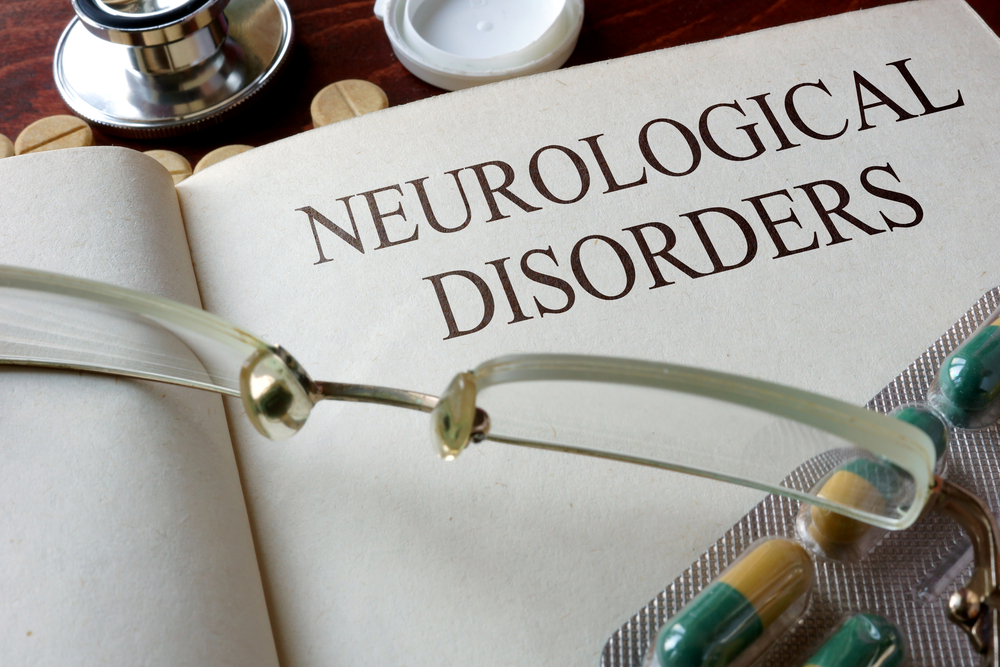The nervous system is a sophisticated, complex network. It organizes and connects us to our surroundings in many ways, from seeing to smelling to moving to talking. Our nervous systems play an important role in many activities in our bodies, including language, movement, swallowing, breathing, and even memory.
When a component of the nervous system malfunctions, it can induce a neurological disease. These conditions affect millions of individuals every year. The most common neurological disorders are Alzheimer’s disease, Parkinson’s disease, stroke, and epilepsy.
Parkinson’s Disease
Parkinson’s is a degenerative disorder of the central nervous system that typically affects older adults. It is characterized by tremors, muscle rigidity, slowed movement, and impaired balance. Parkinson’s disease usually develops slowly and gets worse over time.
It’s critical to recognize the symptoms of neurological diseases so that you can get an accurate diagnosis and therapy. Here are some of the most frequent neurological illnesses, as well as ways to detect them.
Headaches
Headaches are one of the most prevalent types of neurological disease, and they affect everyone. While a headache shouldn’t be taken too seriously unless it’s accompanied by other symptoms, persistent headaches that strike suddenly and frequently might be signs of an underlying problem.
While tension-type headaches and migraines are not deadly, chronic pain can be incapacitating. There are many options available today for headache problems that can help you resume a more typical existence.
Epilepsy
Epilepsy is a disease in which the brain’s electrical activity is abnormal, making you more likely to have recurring, unprovoked seizures.
It is possible to live a normal life with one seizure. However, if you have two or more seizures, you likely have epilepsy. Seizure symptoms can differ from person to person. It’s critical to visit your doctor after experiencing a seizure. There are several therapy options for managing epileptic seizures that may help people live without having to worry about them.
Dementia
Dementia is a condition in which a person’s mental abilities have deteriorated because of an illness. Memory, language, and logical thinking are all affected by it. Alzheimer’s disease is the most prevalent form of dementia, affecting 60 to 80 percent of patients. Early-onset Alzheimer’s disease may affect people as young as 40.
Amyotrophic Lateral Sclerosis (ALS)
ALS is a neurodegenerative disease. It progressively affects nerve cells in the spinal cord as well as the brain. There is no precise test for ALS, although it may be produced by genetics and external factors.
Muscle Wasting
Muscle wasting, twitching, tense and rigid muscles, slurred speech, and difficulty breathing and swallowing are all symptoms of muscular dystrophy. Unfortunately, although this disease is readily recognizable, it frequently necessitates the services of a neuromuscular neurologist.
Memory Loss
Memory loss is a typical issue, especially in older individuals. Memory loss is an inevitable consequence of aging. Walking into a room and forgetting why might be completely natural.
However, some symptoms could indicate a more serious condition, such as dementia or Alzheimer’s disease. However, getting lost, having trouble budgeting money, difficulties with daily activities, forgetting the names of family and friends close by, leaving the stove on, or having issues with language are all possible symptoms.
Recognizing symptoms of common neurological disorders, behavioral changes, or memory loss can alert you to the potential need for closer review.



